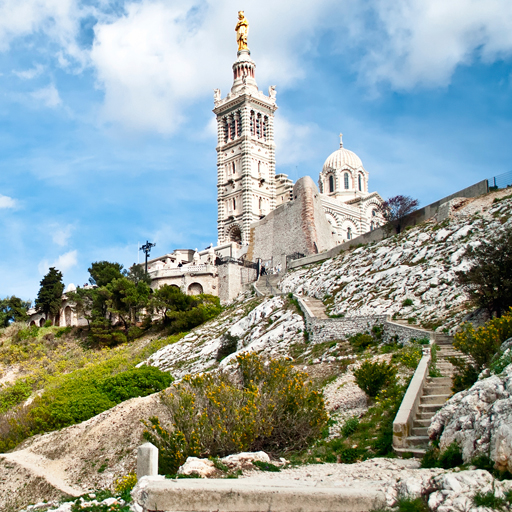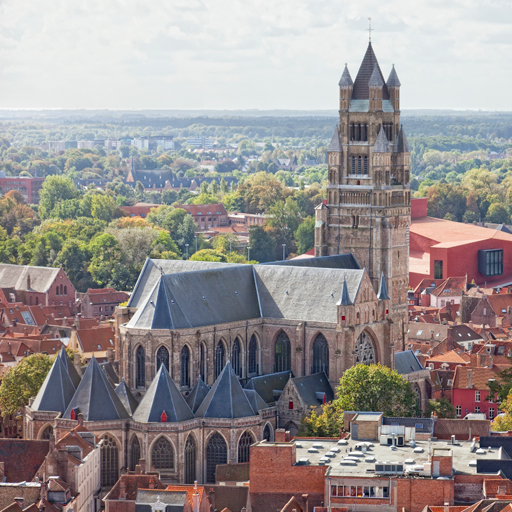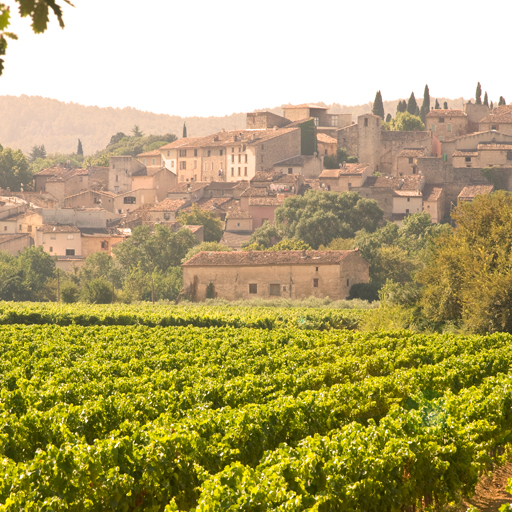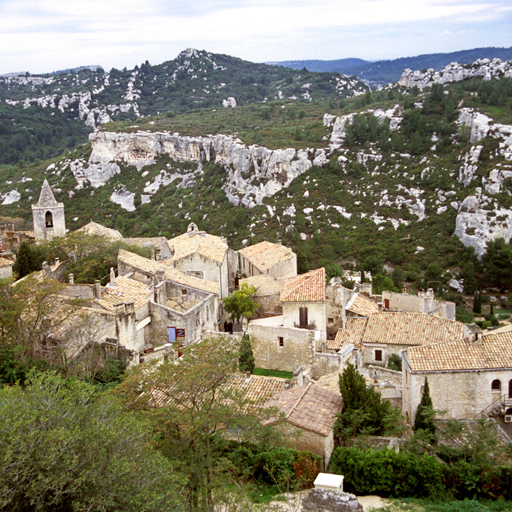



STOP NO. 2: MARSEILLE
Marseille is a far cry from the sleepy villages once depicted in Cézanne’s ethereal paintings. It’s France’s biggest city along the Mediterranean coast and is notably a bustling commercial trade center. Two large forts surround the city’s main thoroughfare — Fort Saint-Nicolas on the south side and Fort Saint-Jean on the north side — which were built in 1660 by King Louis the Great. Two miles from the coast are four islands, one of which is the location of Château d’If, made famous by the novel The Count of Monte Cristo.

Towering over Marseille’s inlet is the Notre-Dame de la Garde Basilica — a famous local landmark beloved by the people of Marseille. It is the guardian and protector of the city as it sits on top of a site that has been a defensive observation post since medieval times.
Marseille is an ethnic melting pot. European influences meet exotic influences from North Africa and the Middle East. The colorful Old Port is where Greek settlers came in 600 B.C. and is now the shopping district of this historic landmark. Its cobblestone streets are lined with stately museums, and elegant fountains and gardens. The classic French sidewalk cafés, thriving outdoor markets and the picturesque fishing boats wading in the harbor will mesmerize you.

The Provençal countryside
Not far from the city is the region known as Provence, where charming medieval villages, magnificent châteaus and France’s best grapes reside. The Regent Seven Seas Navigator offers a variety of countryside tours for those who want to spend the day exploring the quiet villages of Provence.

The Mazarin district
The grand avenue of Cours Mirabeau is one of the city’s most beautiful scenes because of the elegant, private mansions that have wrought-iron balconies and finely hand-carved doorways. The old Mazarin District was home to artist Paul Cézanne and is noted for its meticulously kept walled gardens. It’s here where you’ll see the beautiful St. Sauveur Cathedral that offers many contrasting architectural styles.
Le Castellet
This Provençal village is perched on wooded hills overlooking the region’s fertile vineyards. Le Castellet boasts well-preserved ramparts, a carefully restored church and a castle dating back to the eleventh century. This charming town is a wonderful place to some shopping as its known for its fine arts and craft, including painting, pottery and metal tableware.


St. Remy de Provence
St. Remy is the magical setting for some of Vincent Van Gogh’s most famous paintings. In 1889 and 1890, he completed more than 150 paintings in this charming village, which is nestled at the foot of the Alpilles mountain range. The subject matters of many of his paintings can still be seen in the surrounding countryside, wheat fields and olive groves.